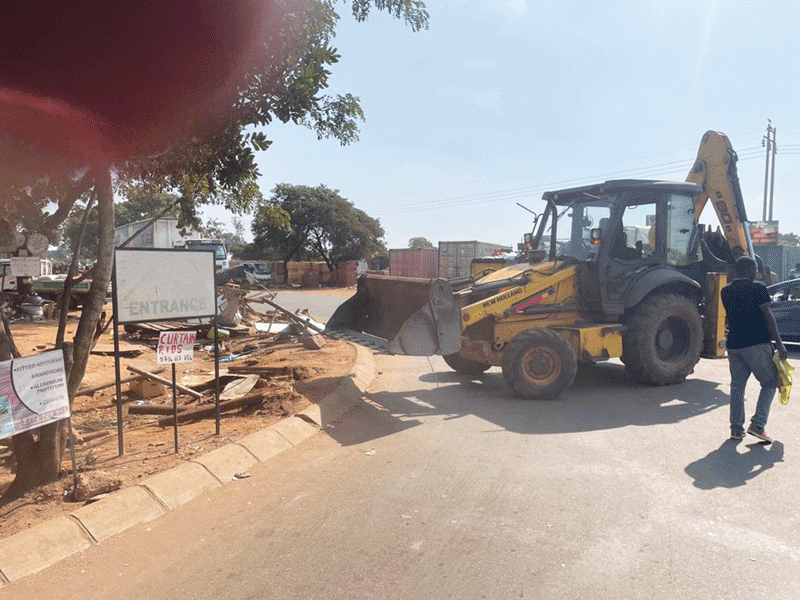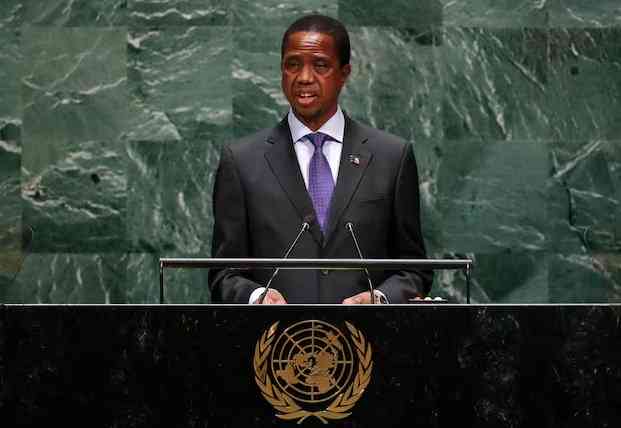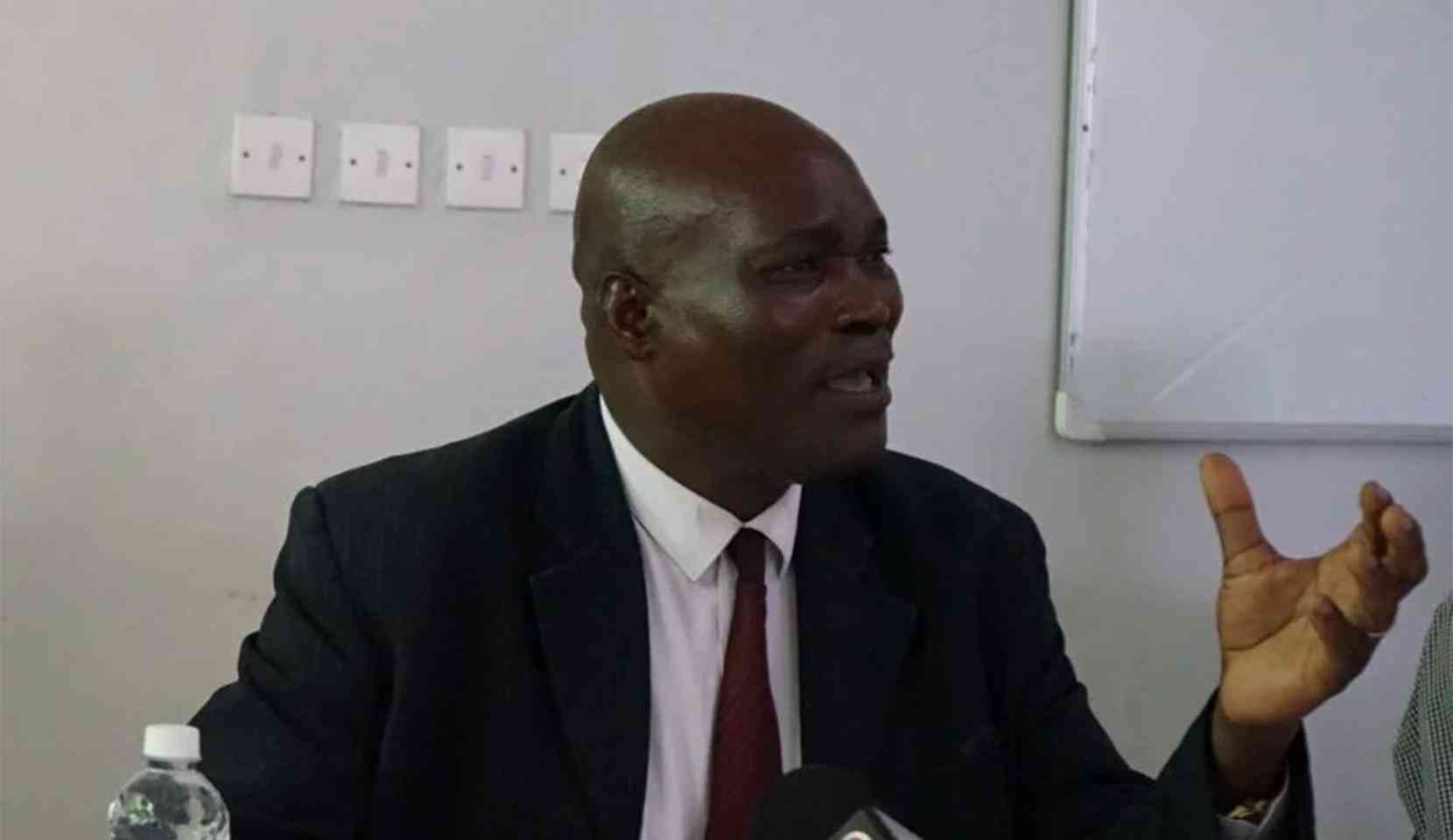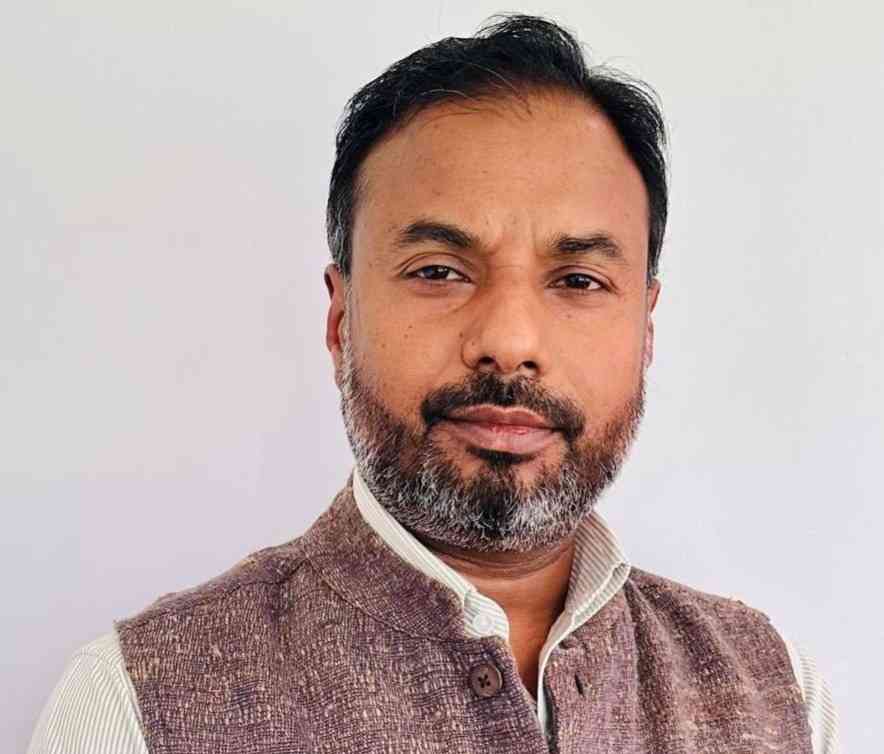BY BEAUTY NYUKE/PHYLLIS MBANJE
MEDICAL experts yesterday warned that the country might be hit by a third wave of COVID-19 following Monday’s relaxation of lockdown restrictions with winter approaching, and at a time new variants of the disease were emerging in neighbouring South Africa.
President Emmerson Mnangagwa on Monday eased the lockdown measures, allowing intercity travel and opening of schools, although he maintained a tight lid on large gatherings.
Mpilo Central Hospital acting chief executive Solwayo Ngwenya said the free movement of people, some without masks might result in a spike in new infections since the country has not yet achieved its mass vaccination target.
“The third wave is loading, all the ingredients needed for it are being made, new variants, relaxing populations and the winter is approaching. My predictions are that the third wave will appear suddenly, in a massive form and kill many people, especially in Africa,” he tweeted.
Ngwenya told NewsDay that “it was better to shut down and be alive than to try to do some economic activity”.
Keep Reading
- Chamisa under fire over US$120K donation
- Mavhunga puts DeMbare into Chibuku quarterfinals
- Pension funds bet on Cabora Bassa oilfields
- Councils defy govt fire tender directive
He said the reopening of schools on March 15 would further worsen the situation.
“It will be like adding fuel to a raging fire. Zupco buses will be overcrowded. That is a recipe for disaster. I saw many informal traders not practising social distancing and others were not wearing masks properly. That is a bad brew and a third wave of COVID-19 is loading. We are brewing it”
He said the new variant circulating in Zimbabwe would only make transmission more rapid.
“With winter approaching, this will escalate. Vaccines do not stop the infection; they just boost your immunity. The virus is going to find you and infect people. Some will die. So you are better off being poor and hungry and alive, than being buried with a full stomach six feet under, permanently and prematurely.”
Community Working Group on Health executive director Itai Rusike said relaxation of the lockdown restrictions in the absence of a widespread national COVID-19 vaccination programme was too risky.
Rusike said there was need for strict enforcement measures to avoid a resurgence in the number of COVID-19 cases.
“The success of the lockdown relaxation will depend on voluntary informed consent in the public to comply with appropriate public health measures such as mandatory wearing of face masks, sanitisation, handwashing, avoiding crowds and social distancing,” Rusike said.
Medical and Dental Private Practitioners of Zimbabwe Association president Johannes Marisa called for more vigilance, saying the country has not yet come out of the woods.
“If we get complacent, we may end up with another third wave. We ought to remain vigilant as a nation for sure,” Marisa said.
He said several people still required health education pertaining to COVID-19 to ensure that by June, the virus is effectively contained.
On Sunday, South African President Cyril Ramaphosa also warned that a third wave remained a serious threat, although he went on to relax the country’s lockdown measurers to level one.
Ramaphosa said there was a threat of a 501Y.v2 variant which was largely responsible for driving the spike in infections in the country during the second wave of the pandemic.
Meanwhile, local health experts have reaffirmed the safety of the Chinese Sinopharm vaccine, which they said had passed clinical trials to the satisfaction of the World Health Organisation (WHO).
Chief co-ordinator for the COVID-19 taskforce, Agnes Mahomva yesterday told delegates during an Alpha Media Holdings (AMH)-organised health summit in Harare that government was guided by science and had a clear, rollout plan for the vaccine.
Mahomva said there was too much misinformation which could easily derail a positive strategy aimed at achieving herd immunity and ultimately halt the spread of the disease which has killed over 1 000 people and infected 36 143 others in Zimbabwe.
“The regulatory body (the Medicines Control Authority of Zimbabwe) has looked at the data and is satisfied,” she said.
Mahomva said despite the initial slow uptake of the vaccine, there was an improvement and more frontliners were being vaccinated.
She said they had chosen the Sinopharm vaccine because it was a traditional vaccine which suited the country.
“We will have a bit of pain here and there, maybe even a rash, but we weigh the benefits. It is better to tolerate the pain, the little rash than dying from the disease.”
WHO representative to Zimbabwe Alex Gasasira said: “We should not relax because statistics are coming down.”
Zimbabwe Association of Doctors for Human Rights secretary Norman Matara said Sinopharm had passed three clinical trials and over 20 countries were using the vaccine.
Parliamentary Portfolio Committee on Health chairperson Ruth Labode said she was concerned over inadequate vaccines.
“We are telling people to get vaccinated, but if we use up the 200 000 doses, do we have another batch readily available?” Labode asked.
Speaking at the same event, AMH group chief executive Kenias Mafukidze said there was need to deal with misinformation on COVID-19.
AMH are publishers of NewsDay, Weekly Digest, NewsDay Weekender, The Standard, Zimbabwe Independent and also operate an online radio station HSTV.
- Follow us on Twitter @NewsDayZimbabwe





